Derivative works: the Adventures of Koons and Tintin in French copyright law
Kluwer Copyright Blog
SEPTEMBER 1, 2021
Like most copyright systems, French copyright law does not leave much room for the freedom of authors of transformative graphic works (also called “derivative works”). Derivative works under French copyright law. A composite work is therefore a derivative work, i.e. simple incorporations (e.g.

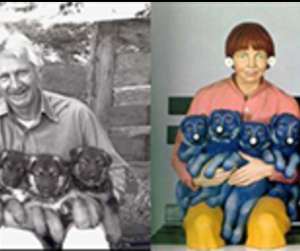
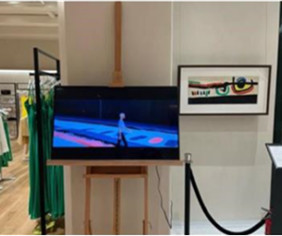
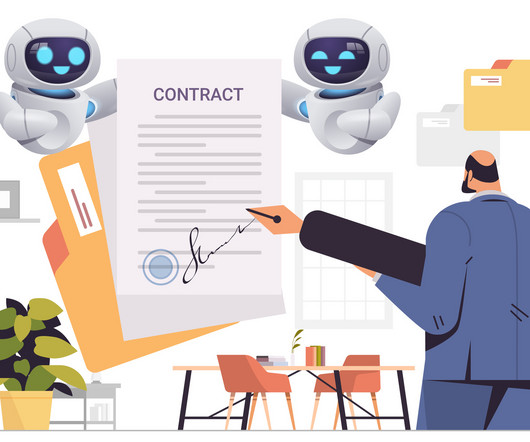
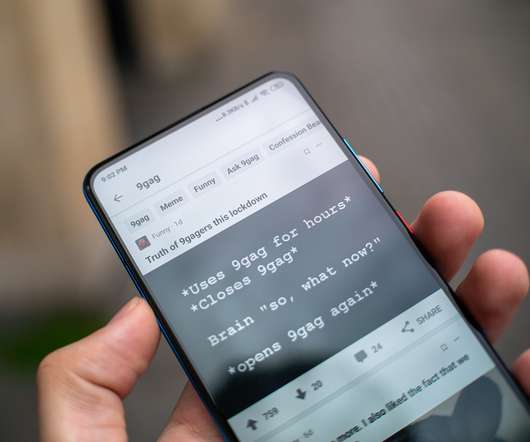
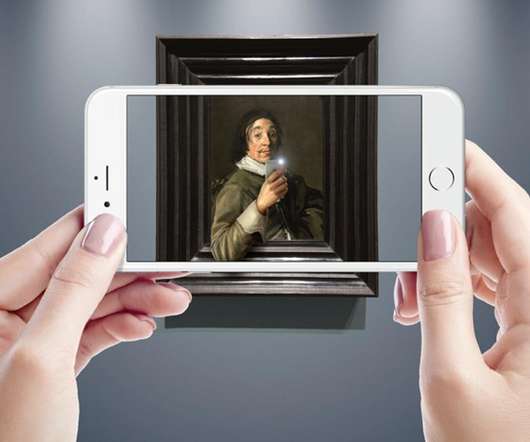






Let's personalize your content